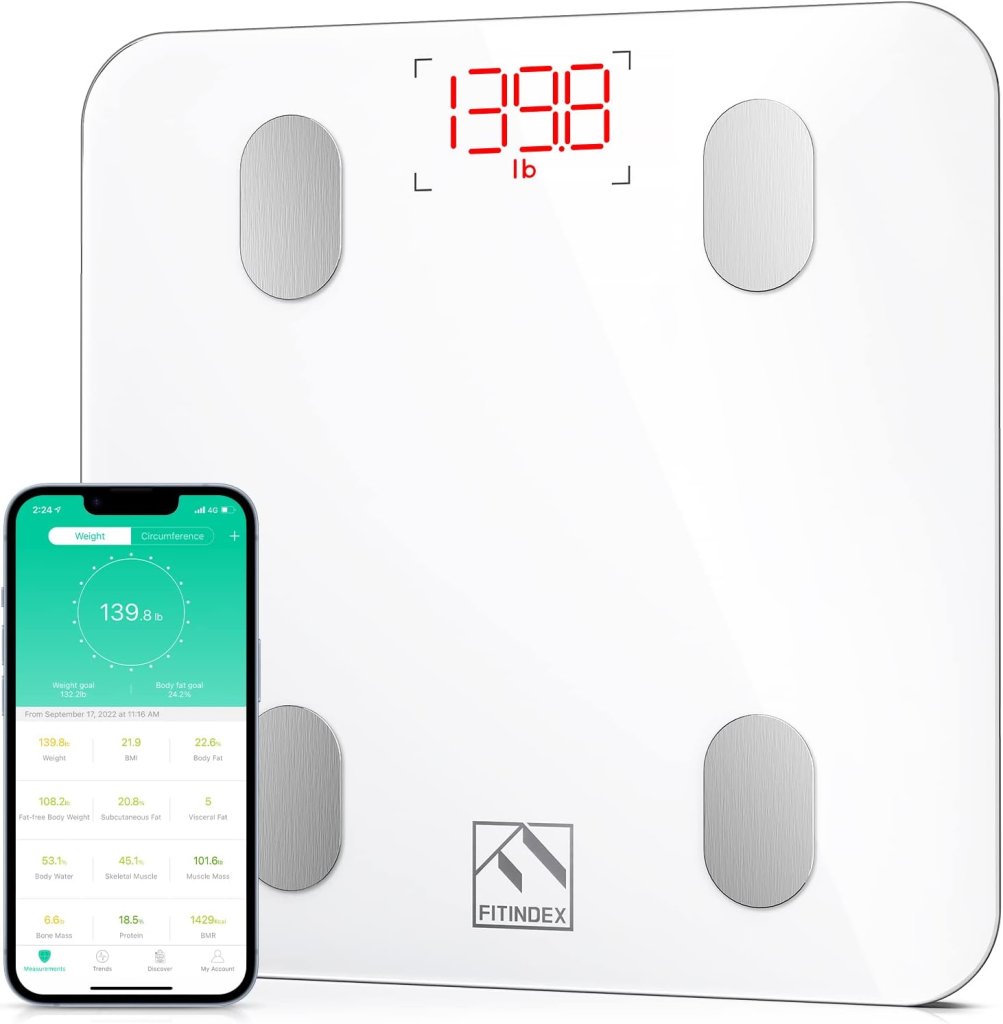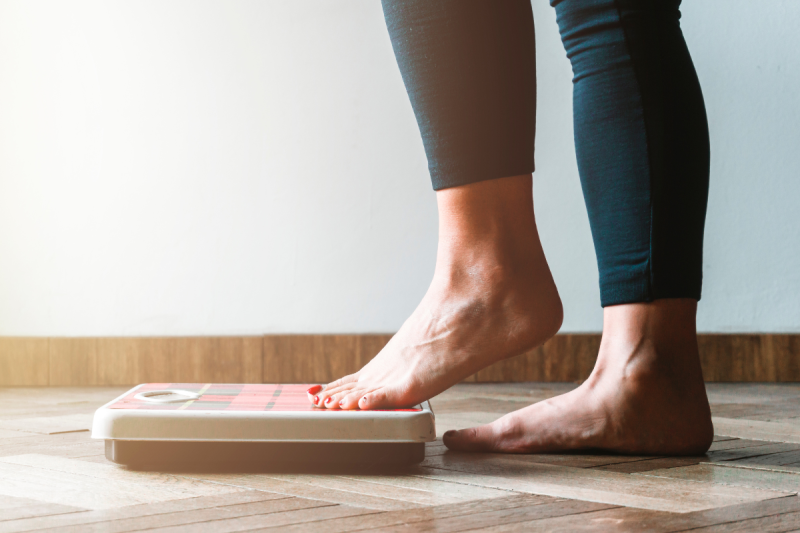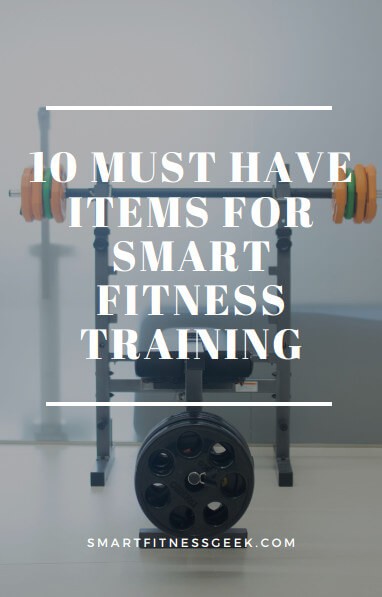Ever used a scale that does more than just tell your weight? That’s the Fitindex Scale for you. It’s not just about the numbers on the scale; it’s about understanding the full picture of your health. So, you might be thinking, How Accurate is a Fitindex Scale? Does it give reliable info on my body’s health?
So, if you’re curious about how trustworthy this scale is, keep reading.
Now, scales have come a long way from just showing us pounds or kilos. The Fitindex Scale promises a lot more insights from body fat to muscle mass. It’s like having a mini health checkup every time you step on it. But with so many features, can it truly be spot-on every time?
Before you make it a part of your daily routine or rely on its numbers, let’s understand its features and how precise they really are. After all, when it’s about our health, we want nothing but the best info, right?
Table of Contents
What is Fitindex scale?

The Fitindex Scale isn’t just any regular weight scale you might find in a bathroom. It’s a special tool that does more than tell you how many pounds or kilos you weigh. Instead, it dives deeper, giving you a bunch of health numbers. With this scale, you don’t just find out your weight. You learn about things like the fat and muscle in your body.
It’s like a mini health report every time you use it. So, when you stand on it, in a few moments, you’ll see a clearer picture of your body’s health.
What Does the Fitindex Scale Measure?
Body Weight: Naturally, it measures your weight, but that’s just the start.
Body Fat Percentage: This metric helps in determining the percentage of your body weight that comes from fat. It’s a key indicator for anyone looking to lose weight or bulk up in muscle.
Water Percentage: This tells you how much of your body weight is attributed to water. Staying hydrated is vital for overall health.
Muscle Mass: A crucial metric for fitness enthusiasts, this indicates the weight of muscles in your body.
Bone Mass: While it doesn’t change often, tracking bone density can be important for specific age groups or conditions.
Basal Metabolic Rate (BMR): This is an estimation of the energy (in terms of calories) expended while at rest. It represents the number of calories required to keep your body functioning (heartbeat, breathing, etc.) while you are not doing any physical activities.
Metabolic Age: This compares your BMR to the average age associated with that level of metabolism.
Visceral Fat: This is the fat stored in your abdominal cavity and is a significant concern as high levels can be a predictor of health issues.
Protein Percentage: This indicates the total percentage of body weight that comes from protein.
Body Mass Index (BMI): A widely used metric, BMI gives an assessment of body fat based on height and weight.
How Does the Fitindex Scale Work?
The Fitindex Scale uses Bioelectrical Impedance Analysis (BIA) to measure these metrics. When you step on the scale, it sends a low-level electrical current through your body.
Based on the resistance the current faces (since different tissues like fat and muscle conduct electricity differently), the scale calculates the various health metrics.
How accurate is a Fitindex scale?
The Fitindex Scale is more than just a simple weighing machine. This scale tells you about different things. It can show you body fat, muscles, and even water weight. How does it do that? It sends a small and safe electric current through your feet. This helps to get those readings.
Now, is it super accurate? Not always. There are bigger machines in places like hospitals and gyms. They are often more accurate. The Fitindex Scale is good for home use. It gives you a close idea. But, it might not be 100% spot-on every time you step on it.
FAQ
Is the Fitindex Scale always accurate?
The Fitindex Scale offers general estimates. Its accuracy can vary based on factors like hydration and placement surface.
Can I compare Fitindex readings with professional methods?
Yes, but remember the Fitindex might not be as precise as medical-grade measurements.
Should I focus on consistent Fitindex readings over exact numbers?
Yes, tracking consistent trends is often more helpful than absolute accuracy.







